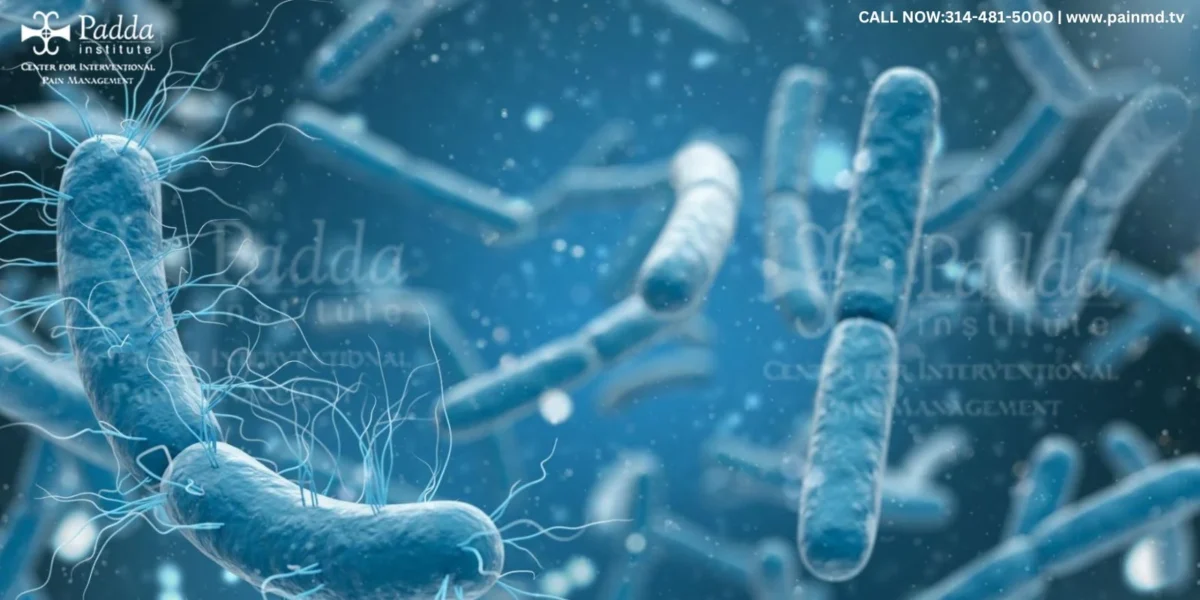Summary: Researchers have long known that food can influence mood. Certain chemicals released from food can influence gut-brain communication. However, gut microbiota can also influence this communication by altering the production of these chemicals. In the study, researchers used mice with no gut microbiota. They found that introducing a different kind of gut microbiota also resulted in different food preferences in mice, thus providing firm evidence of gut-brain communication and the role of gut microbiota.
People have long relied on their gut feeling to make decisions. However, science is slowly exploring how this gut feeling works. Similarly, people have cravings for different foods. For example, some may crave eggs, others for potato chips. Science has always known that gut influences the food choices. But, how does gut influence food choices or the brain’s working has largely remained a mystery. Sciatica pain management and sciatica nerve pain treatment are important fields of study for those who suffer from such conditions.
Untangling this mystery of how the gut and brain communicate and how the gut-brain axis works remain quite challenging. Although there are many theories and some weak evidence, nonetheless underlying mechanism remains largely unknown. However, a new study by the Department of Biology in the Kenneth P. Dietrich School of Arts and Sciences could firmly establish that food choices are influenced by gut microbes. Despite numerous theories and assumptions, there is no study that could provide firm evidence that gut microbiota can influence dietary changes. Therefore, the idea that gut microbiota may influence our food choices remains unproven. To date, only some experiments in fruit flies have shown the link between gut microbiota and food choices. However, fruit flies are too different from humans.
In the new study, researchers used mice to prove the concepts. Mice are not just mammals; they are quite close to humans in many ways. In the study, researchers used 30 mice with no gut microbes. They then divided these mice into three groups and introduced very different kinds of microorganisms to each group. They found that each group with quite a different gut microbiota also has very different food preferences.
The idea that gut microbiota influences human behavior is not new. Therefore, researchers find it unsurprising that gut microbiota can influence human behavior. Nonetheless, it is essential to prove any hypothesis.
The gut and the brain are in constant conversation with each other. For example, humans eat food, and foods release different kinds of molecules that also act as a signal. This tells the brain what to eat and what not to eat. However, during the digestive processes, gut microbiota can interfere with this conversation by producing some distinct signaling molecules that are not essentially present in food. Thus, gut microbiota may influence the conversation between the gut and the brain.
Just take the example of turkey dinner, which results in increased tryptophan production, and thus one feels drowsy after eating turkey. This is because, in the brain, tryptophan is converted to serotonin and then serotonin to melatonin, causing increased sleepiness.
Above is an example of how food influences the brain or an example of gut-brain communication. However, it is worth understanding that gut microbiota can alter the levels of tryptophan released from various foods and thus alter gut-brain communication. Some gut bacteria may even produce tryptophan.
Of course, tryptophan is just one example. However, gut-brain communication is far more complex. At least tens of known chemicals play an important role in gut-brain communication. Moreover, they may have different kinds of effects in different combinations. Therefore, this experiment is just the beginning of developing an understanding of how gut microbiota may influence human behavior.
Moreover, there is currently no reliable way to measure the nature of the gut microbiota population. Thus, it is impossible to measure gut microbiota’s role in food choices and human behavior. Hence, we are still far from days when we will be able to modulate food choices and alter human behavior by tweaking gut microbiota.
Nonetheless, this experimental study is a significant step in the right direction. It is among the early steps in understanding how various gut microbes may influence food choices and human behavior.




